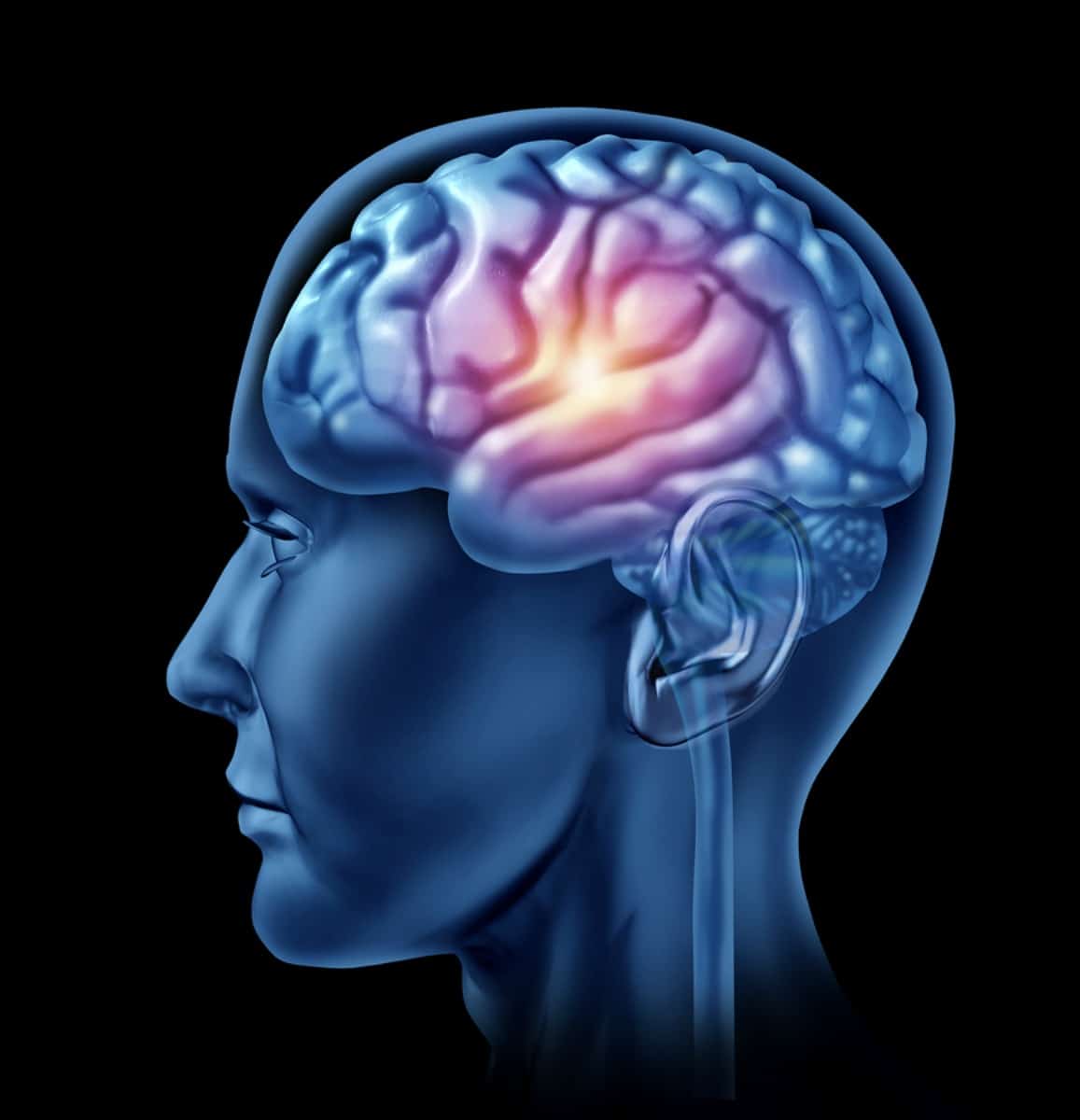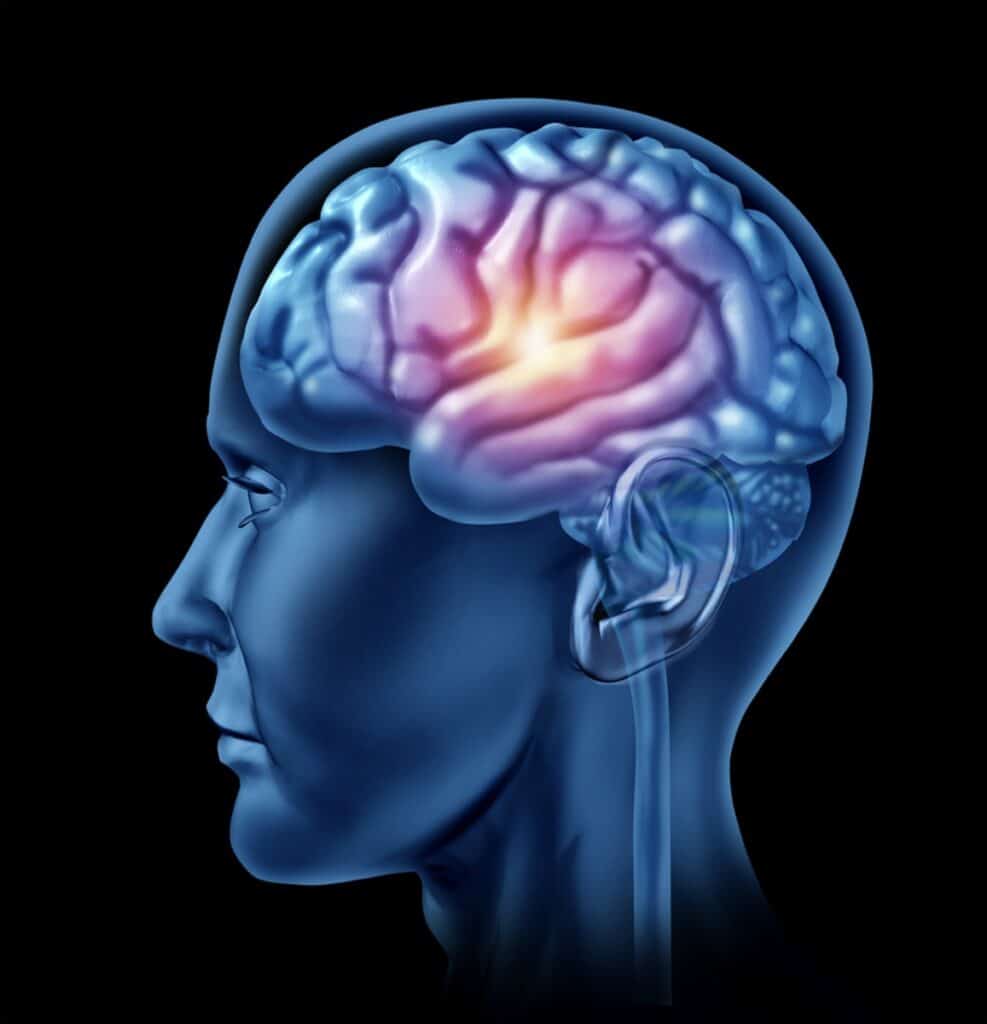Your senior may want to keep her brain as healthy as possible, but what is brain health? There’s actually more to it than you or your elderly family member might realize. It’s important to focus on more than just one type of skill that the brain handles so that you can get a bigger picture of how healthy your senior’s brain truly is.

Cognitive Health Is What Everyone Thinks about First
Cognitive health is synonymous with brain health for so many people. Cognition is all about how your senior learns, remembers, and thinks, so that’s all very important stuff. When she’s not able to think or to remember well, that has a huge impact on your senior’s life. Cognitive health is often the aspect of brain health that aging adults are most concerned about, especially in relation to health issues like dementia.
Sensory Functioning
Your senior’s senses, and how those inputs are processed in her brain, are another part of her brain health. This involves all of your senior’s senses, including how well she sees and hears as well as things like sensing temperature, pressure, and pain. When she’s not getting the right inputs or when the parts of her brain handling decoding those inputs don’t work well, your senior ends up having difficulties.
Motor Functioning
The brain also controls movements, both voluntary and involuntary movements. If your elderly family member experiences a brain injury, like a stroke, she may find that it’s more difficult to use one side of her body, walk, or perform fine motor skills. Overall brain health is essential for all of those aspects of daily life. If your senior is having more trouble controlling motor functions, the problem may be in her brain, rather than solely in her body.
Emotional Functioning
Dealing with emotions is also something that starts in the brain. Your senior’s ability to interpret her own and other’s emotions and respond appropriately in situations relies on her brain’s ability to handle those functions. As with other functions of the brain, if your senior’s brain is not able to handle those specific tasks, the evidence will be apparent because her responses will be different from what she and you expect.
Keeping your senior’s brain healthy is a key part of helping her to remain as healthy as possible. Senior care providers can help you and your elderly family member to do all of those tasks that help her to maintain her brain health for as long as she can.
The staff at Home Care Matters is available to talk with you and your family about all of your needs. Home Care Matters is a home care agency providing quality and affordable Homecare in Duluth, GA, and surrounding areas.
Call (770) 965.4004 for more information.
Valerie has the unique experience with home care as she has experienced it from both ends of the spectrum, as a caregiver and as needing care herself as a cancer survivor. Valerie says, “Taking care of someone you love is a physically, mentally and demanding labor of love.Taking care of my mom was the hardest thing I have ever done. It has given me an insight and perspective not many people understand unless you are doing it or have done it.I loved taking care of my mom.I love helping others take care of their love ones too.And now that I’ve been sick, it’s given me a whole new level of empathy and understanding for those who are sick and need help.”
Valerie’s schedule varies daily, but she loves visiting with our clients, families, caregivers, our network partners and being in the office.Says Valerie, “Every day is different, but I wake up excited about what we do, inspired by our team, clients and caregivers.I strive to be a resource to the community.I love my team and I love what we do every day. I like to think my mom would be proud.”
You can reach Valerie by email (Valerie@homecarematters.com) or in our office (770.965.4004).
- How In-Home Alzheimer’s Care Helps Your Parent Stay Safe and Comfortable - December 26, 2025
- After the Fall: How Home Care Helps Seniors Recover Safely at Home - December 19, 2025
- Supporting Seniors with Memory Challenges Through Compassionate Senior Home Care - December 12, 2025

